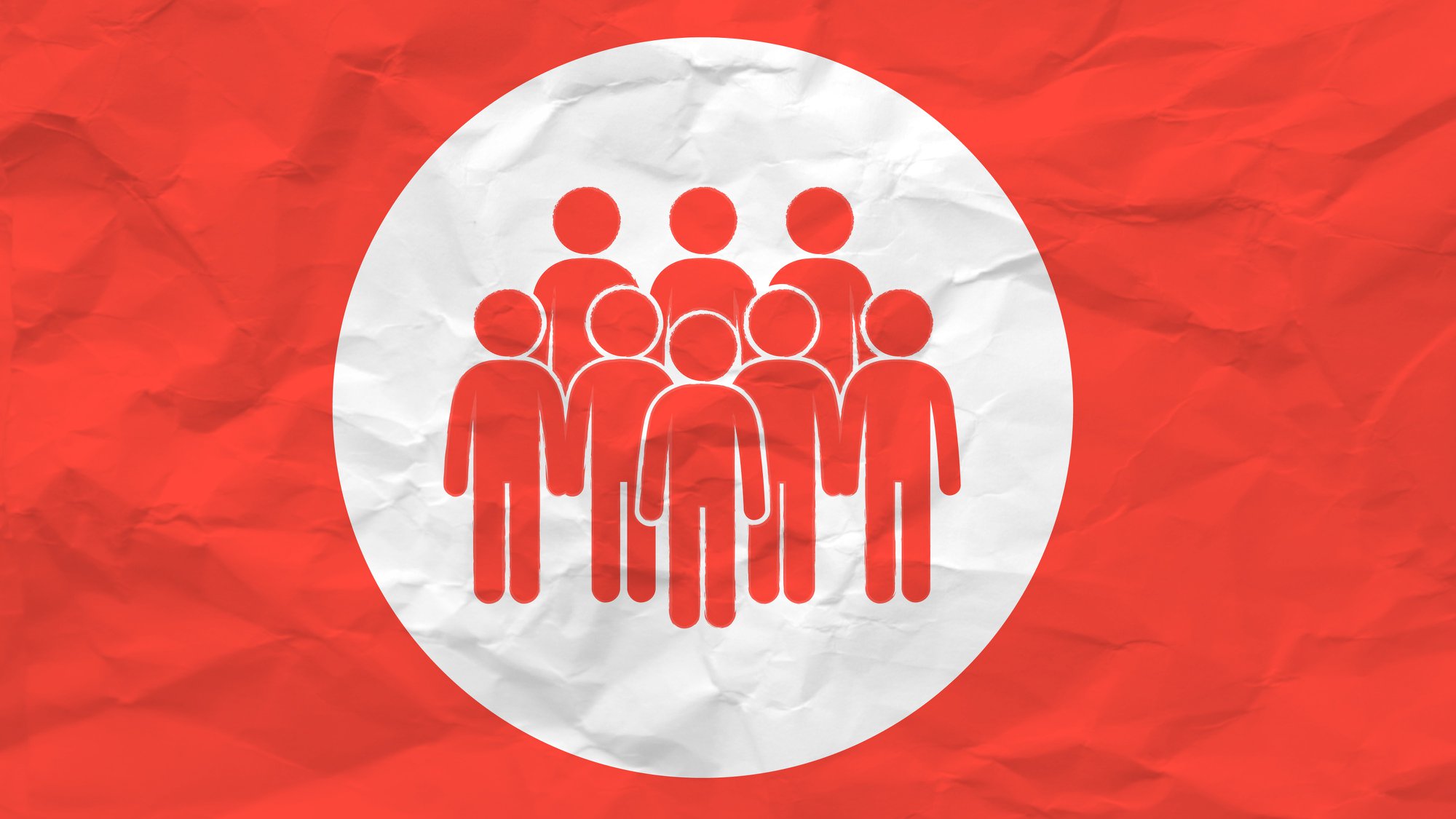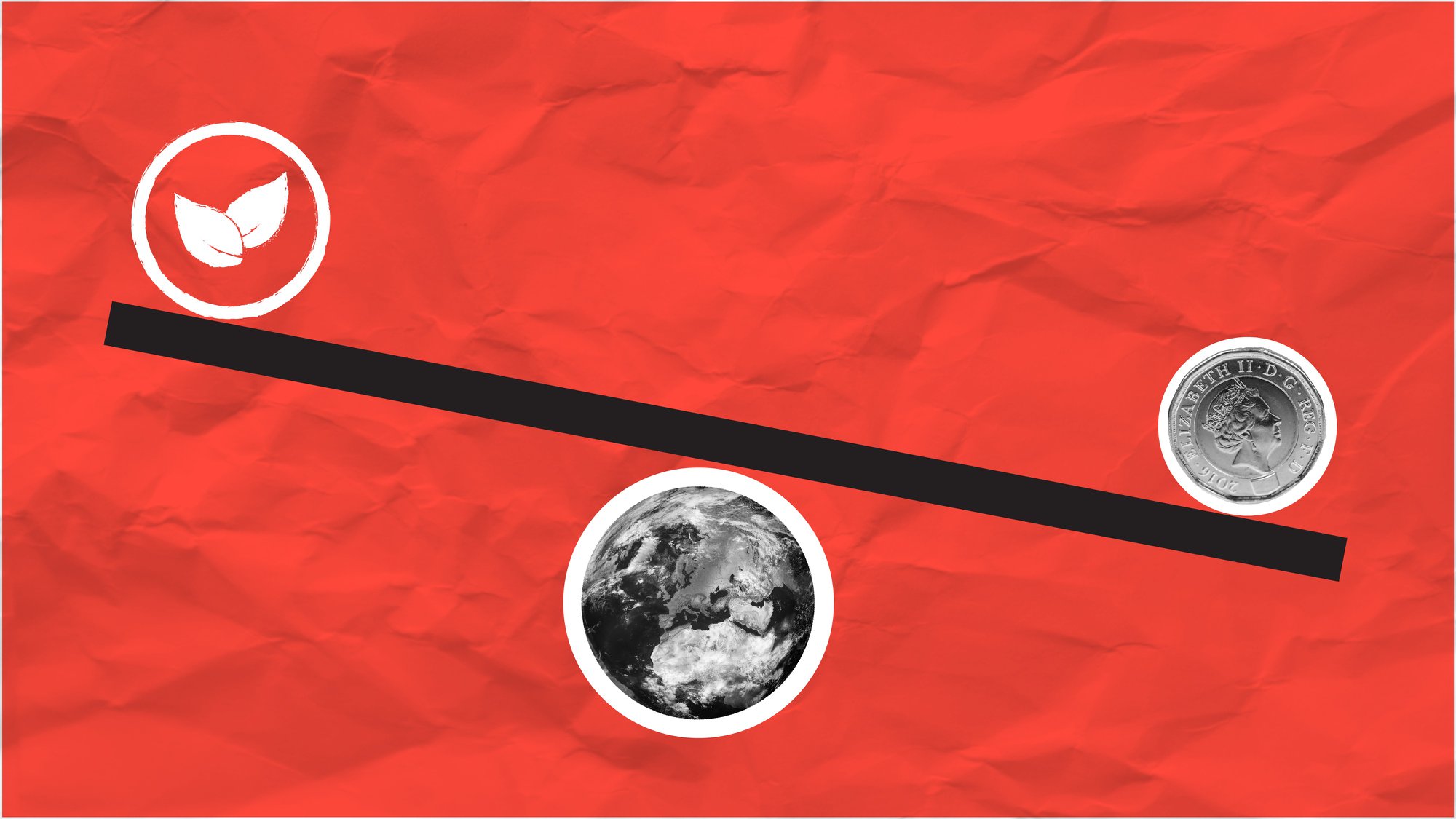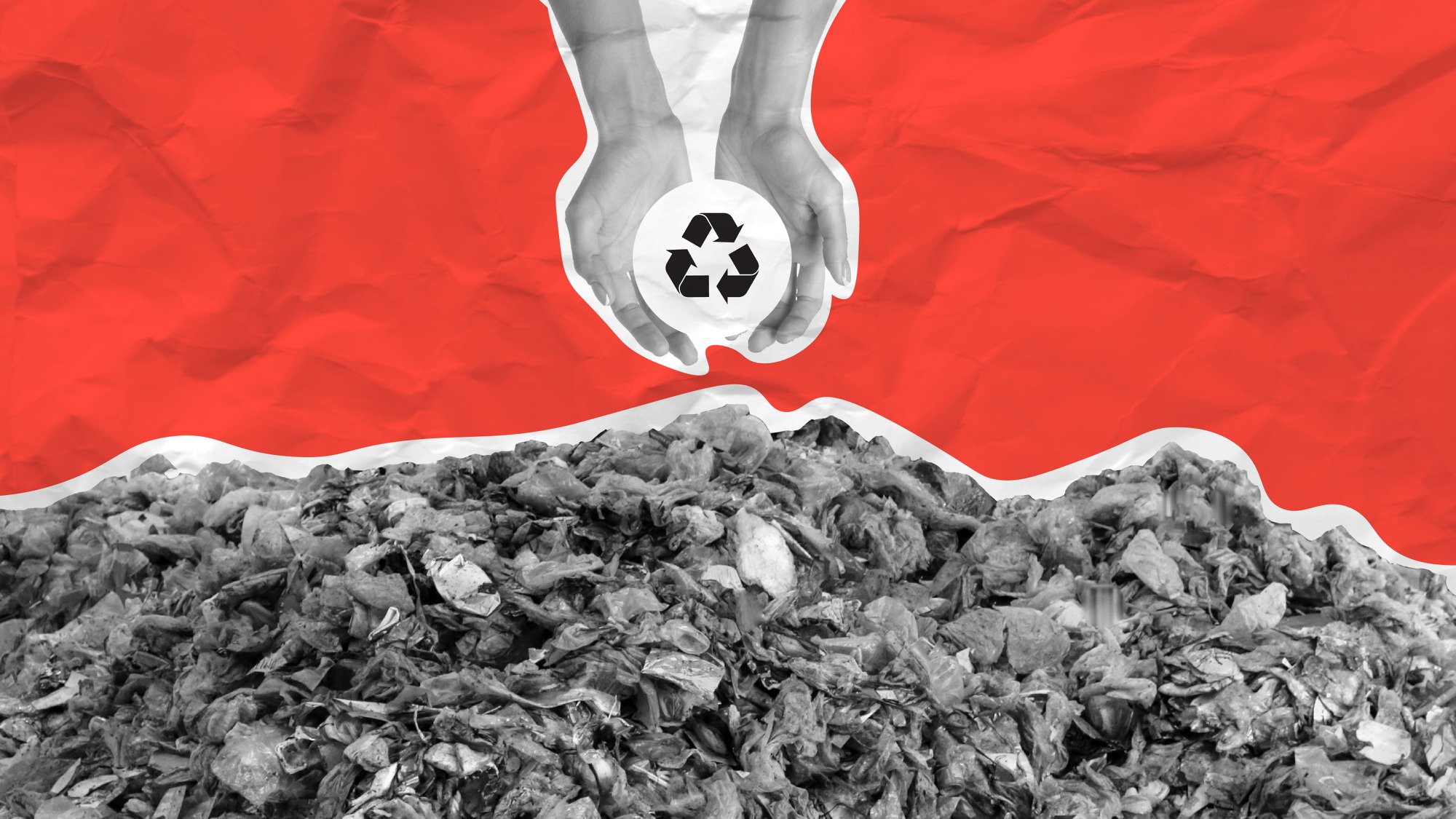The Invisible Impact: How Do We Grapple with Delayed Feedback in Sustainability?

Many sustainability actions don’t provide instant, tangible feedback.
And this makes it difficult for people to stay motivated and engaged in the long term.
Consider the act of recycling.
When you separate your plastics, papers, and metals, you don’t immediately see cleaner oceans or reduced landfill waste. When you choose to walk instead of drive, the air doesn’t visibly clear before your eyes.
This lack of immediate, visible impact can make it hard to feel that our actions are making a difference.
As noted in an earlier blog, the challenge is compounded by the fact that many sustainability issues operate on global and long-term scales.
Climate change, for instance, is a gradual and continual process. And the effects of our current actions might not be fully realised for years, if not decades.
This delayed cause-and-effect relationship can make it difficult for people to connect their present behaviours with future outcomes.
Moreover, sustainable actions often involve preventing negative outcomes rather than creating positive ones.
It’s harder to appreciate the absence of a problem- like avoiding plastic pollution, than it is to celebrate a visible achievement.
Similar occurs within our relationship with our health. It’s rare to appreciate the absence of health issues… to celebrate our beating heart, clear vision, or porous skin when we wake each day.
Instead, we, more often than not, will find ourselves lamenting the absence of good health… our achy joints, degrading vision, or breathlessness while climbing the stairs.
This “prevention of negative” focus can feel less rewarding than actions that produce immediate, tangible, positive results.
In behavioural economics, loss aversion refers to our propensity to maintain the status quo – rather than take action for positive change.
And the psychological fatigue as a result is much greater than using the same effort to create a positive change.

Sustainability Fatigue: What’s Causing It?
When people don’t see the impact of their efforts, they may question whether their actions matter at all.
This can then potentially lead to disengagement from sustainable practices which require effort.
Let’s not forget—our brains are wired for efficiency!
This can be compounded when one sees another individual or group not engaging with similarly positive behaviours.
The immediate cost and pain to you (e.g., physical and psychological effort) might suddenly feel even more pronounced when others are not paying that cost.
And instead, reaping immediate rewards from their behaviours.
After all, ignorance is bliss, right?
Not really. Reality has a tendency to catch up with us.
So, How Can We Overcome This Feedback Challenge?
One approach is to create more immediate feedback loops for sustainable actions. And there are various ways we can do this within our businesses and at home.
Technology can play a crucial role.
We’re using Ecosia in the office. It’s a search engine that plants trees with the ad revenue from searches.
We can see how many trees we’ve helped to plant. Which provides concrete evidence of our impact, and more of an impetus to continue.
Similarly, I recently replaced our boiler after 20 years with a heat pump. And while the financials are similar to a new boiler, we get a running count of CO2 savings.
Another strategy is to focus on sustainable actions that do provide immediate benefits.
For example, choosing to cycle instead of drive.
Not only does it lower carbon emissions but also improves personal health and saves money.
Win-win.
Communities and organisations can also help by celebrating collective achievements in sustainability.
Regular updates on community-wide recycling rates, energy savings, or carbon reductions can help individuals see how their actions contribute to a larger impact.
And, it can draw our attention to the other people around who are also making those short-term sacrifices and engaging in sustainable behaviour.
This serves as a helpful reassurance that we’re not alone in our pursuit, as well as providing a social group to identify with and belong.
And education has a role to play too.
Understanding the science behind sustainability, even at an elementary level, can help people appreciate the long-term impact of their actions. Even when immediate effects aren’t visible.
The Open University has various free courses that can help us gain more clarity.
A key part of this about eliminating any expectation of a short-term feedback loop and adopting a long-term perspective.
Final Thoughts
Ultimately, engaging with sustainability requires a shift in how we measure and appreciate impact.
It’s about finding satisfaction in knowing we’re contributing to a better future, even if we can’t always see the results immediately.
To all intents and purposes, it’s about doing right. Not for the benefit of feedback, but because that’s how you want to be as a person.
However, by creating better feedback mechanisms and fostering a long-term mindset, we can make sustainable actions feel more rewarding and impactful in the present.





